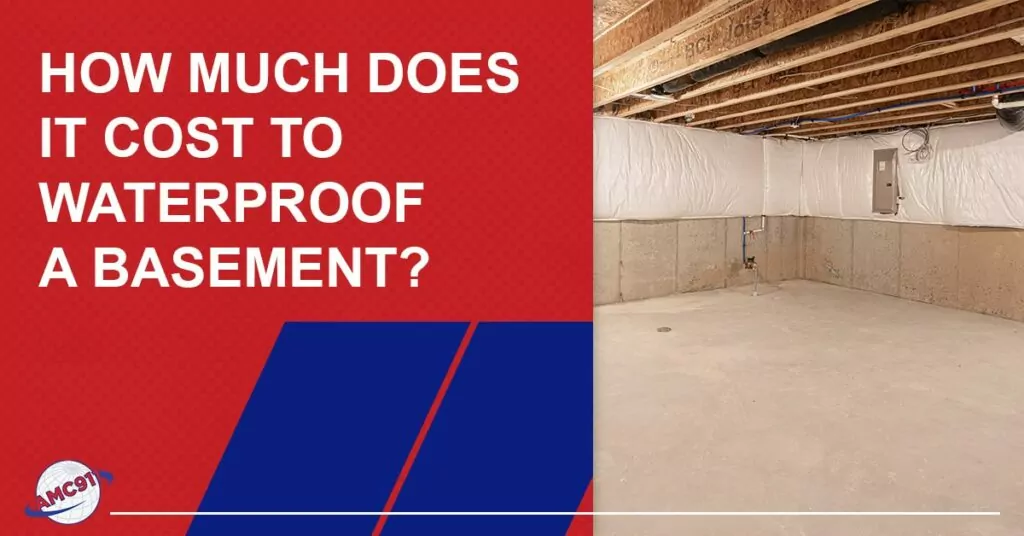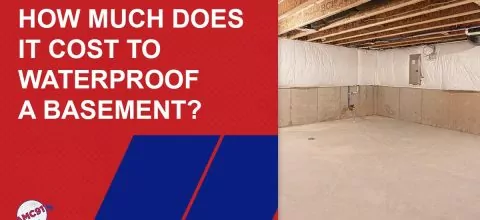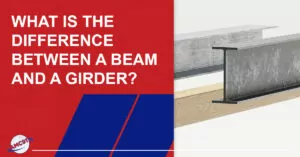The basement is more than just an area underneath your home; it is a key part of the entire structure that can impact it in many ways. The basement can be used for anything from storage to living space if it is properly cared for–and if there are issues, it can cause problems for the entire house.
The unfortunate reality for many homeowners is that their basement is nothing more than a damp, dingy area that is often avoided. For some, it is an area that regularly floods or may have issues ranging from mold to cracked walls.
To prevent these issues (and even correct many of them), homeowners will often turn to basement waterproofing. Waterproofing is something a professional contractor can do for you, and leaves your basement in a very usable condition.
You can expect to spend around $5,000 for a foundation waterproofing job, although that price may vary. Sometimes, the fix is relatively easy, and you could end up spending much less.
We at AMC911 are proud to provide you with a free basement waterproofing inspection and estimate. It’s the best way to know exactly how much you will spend on a basement waterproofing job in your home.
In this article, we’ll consider several factors that will show you why basement waterproofing is worth considering. We will cover not only the cost of basement waterproofing, but also the benefits and the cost of not having it done.
Signs That Your Basement Needs Waterproofing
If the basement weren’t experiencing problems, most homeowners would never consider having waterproofing done. They would simply continue to live with what they have–but we realize that is not often the case.
Your basement may be giving you signs that waterproofing is necessary. These signs can indicate that problems are occurring, and possibly that they are about to get worse. Here are a few of those signs:
Moisture: One of the biggest problems you can experience in a home or basement is too much moisture. This can come in the form of high humidity, or even standing water. In either case, it can cause damage to the foundation and impact the entire home.
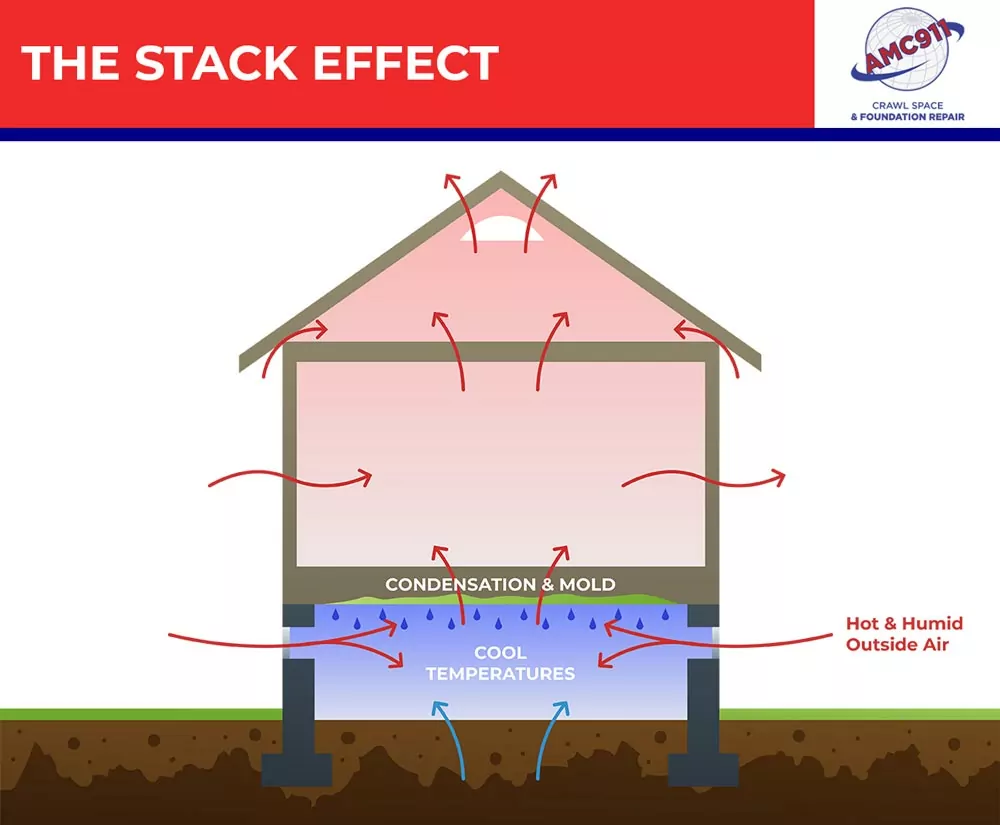
The stack effect has a significant impact on the home, and is what leads to 50% or more of the air you breathe originating in the basement. It occurs when warm air rises and exits through the attic, naturally pulling air from the basement. This process also happens continually, so if you have high humidity in the basement, you will have high humidity in your living space.
Mold And mildew: Mold is a big issue in many homes that have damp basements. Mold needs a food source, air, and water to live–all of which are typically available in great measure in most basements.
You may notice mold growth on the walls, ceiling, or anything stored in the basement. Since the basement air enters the rest of the home, the mold will not stay contained in the basement, which can impact your health.
Also, mold and mildew can lead to an “old house smell” problem for many homes. The smell comes from VOCs left over from the disintegration of mold and bacteria, and is something to avoid.
High energy bills: Did you know that one of the most common reasons why contractors get requests for basement waterproofing is high energy bills? Moist air is more challenging to heat and cool, so you will have higher energy use due to higher humidity.
Hydrostatic pressure: If you live in an area with expansive soil, too much moisture in the soil can put pressure on the foundation walls. This can lead to bowing, cracking, and buckling of the walls, eventually leading to water intrusion and foundation failure. This issue is corrected during basement waterproofing.
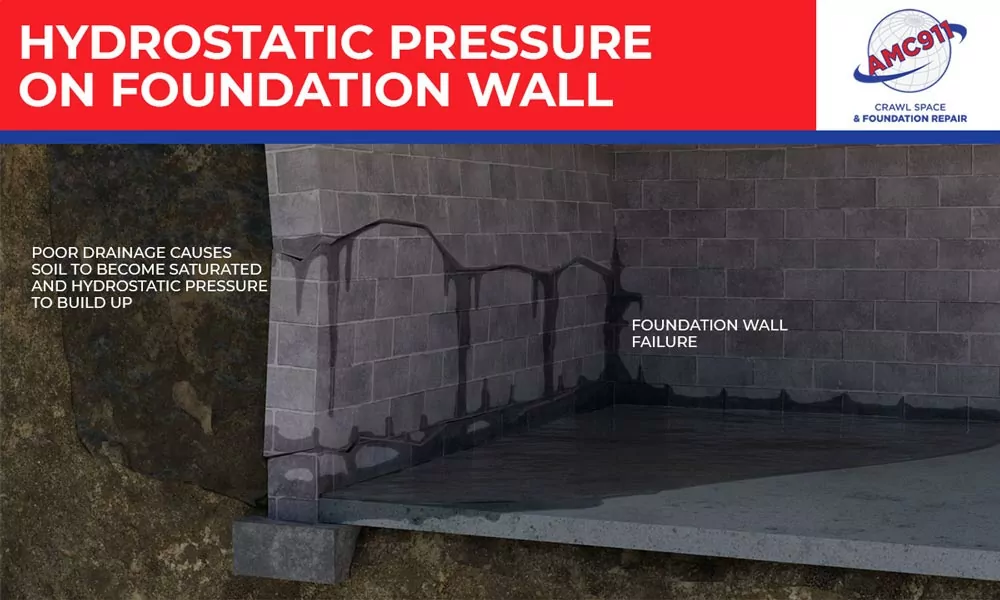
Efflorescence: You may not always see water in the basement, but you may see signs that it was there. “Efflorescence” refers to salt deposits left behind after water has evaporated. If you see efflorescence, you know water is an issue.
These are some of the various issues you may notice when problems occur. Basement waterproofing can correct these issues, leading to the benefits we will discuss next.
Benefits of Waterproofing a Basement
If you waterproof a basement because of the issues you are experiencing, those issues will be cleared. Some of the primary benefits of waterproofing a basement include reducing moisture, hydrostatic pressure, energy bills, and mold.
There are also some more specific benefits associated with waterproofing a basement, listed below:
Healthy air: We all want to be comfortable in our homes, and having clean, healthy air is one of the most important factors in that. When you reduce mold and other humidity-related problems, you will find yourself breathing healthier air and experiencing valuable peace of mind.
Healthy air can benefit anyone in the home, but is especially beneficial to those with respiratory issues such as COPD or asthma. You may also notice you have fewer sniffles, as well!
Structural integrity: Because moisture in the basement and the soil around the basement can affect the foundation’s structural integrity, removing that moisture can also have the opposite effect. It helps maintain your home’s structural integrity and reduces the risk of structural damage.
Increased property value: When people are looking to purchase a home or property, they tend to look for improvements that would be beneficial to them. Once you have the basement waterproofed, you can then safely use the area in more ways than before and enjoy the pros of having an increased property value.
Storage: We could all use additional storage space, which is one of the main benefits you achieve when you have the basement waterproofed. You can store your precious items long-term in the basement area, knowing they will be kept well-protected, clean, and dry.
Extra living space: Although not everyone will use it, additional living space is something to consider after basement waterproofing. For example, you could make an extra room downstairs for when the in-laws visit, or build the perfect man cave.
Insurance: Make sure to tell your insurance company when you have your basement waterproofed, because they may offer you a discount. It’s the gift that keeps on giving!
Essentially, when you invest in basement waterproofing, you are also investing in your home. It offers all these benefits and more, and continues to provide them long after you’ve had the job done.
Interior Vs. Exterior Basement Waterproofing
Many newer homes have some degree of basement waterproofing completed when they are built. This type of exterior basement waterproofing only scratches the surface, however, and is not typically enough to experience all the benefits discussed above.
Basically, there are two different types of basement waterproofing: interior and exterior. Exterior basement waterproofing is usually done before the foundation is backfilled during the initial construction. It can also be done later, but it is an expensive process.
Exterior basement waterproofing typically includes sealing the basement wall and ensuring that some type of drainage system is built-in, such as a French drain. It can also include the installation of downspout extensions.
The drainage system and downspout extensions are also considered during interior basement waterproofing. In both cases, it helps to keep water away from the foundation, reducing hydrostatic pressure and protecting the foundation walls.
When most homeowners have basement waterproofing done, it is an interior job. Many different things may be involved, but it typically requires a three-phase process to keep your basement clean and dry.
1. Seal: If any areas could lead to water intrusion, they will be sealed at this point. This can include any area of water intrusion, such as cracks in the basement walls, leaks around pipes, water seeping through the basement floor, or leaks around basement windows.
The basement walls are then wrapped with a thick layer of polyurethane plastic. Wrapping the walls helps keep the basement dry, and if there is any water seepage, it will run behind the plastic and into the newly installed drainage system.
2. Support: After noticing structural issues, many homeowners will have basement waterproofing done. If these problems occur, (like cracks in the foundation walls, bowling walls, or foundation settlement), then a support system must be installed.
Different types of support systems are available, depending on the type of foundation damage happening. They are designed to fix any issues that have already occurred, and prevent any future problems from occurring.
3. Drain: Most basements have a drainage system, which is often inadequate for the job. We will look at the current drainage system and install a new one as necessary.
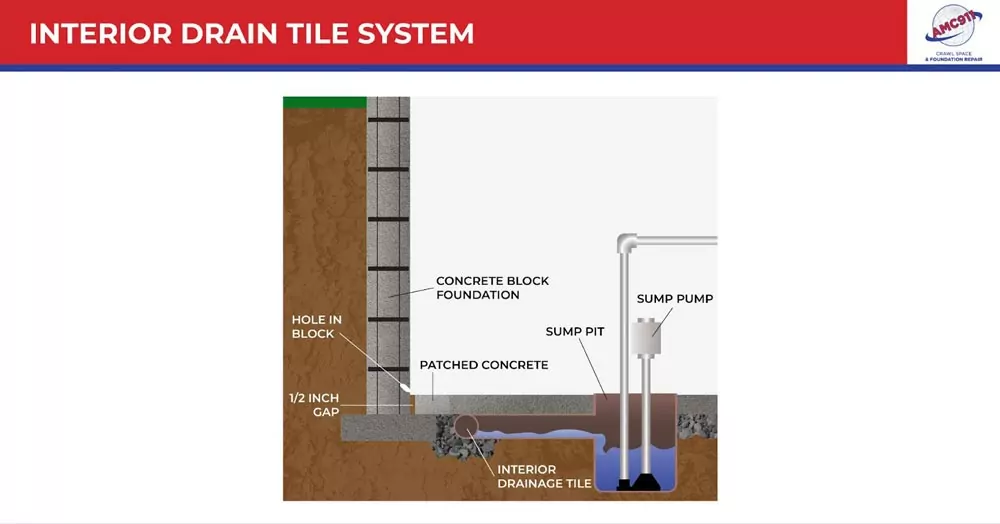
A field drain system is often installed under the floor and around the perimeter of the basement. It is a perforated pipe that drains into a sump pit. The water can then be pumped from the sump pit by a sump pump with a battery backup system.
Other things may also be considered, including looking at the lay of the land outside the home to ensure water drains properly. Downspout gutter extensions can also be installed to keep water from running off the roof directly into the ground by the foundation.
Additionally, we may install a French drain system around the home’s exterior to catch water and allow it to drain properly.
Most homeowners are surprised by how usable their basement is after it has been waterproofed. You can begin enjoying all the benefits (which will likely include some you never thought possible) immediately after the job is done!

